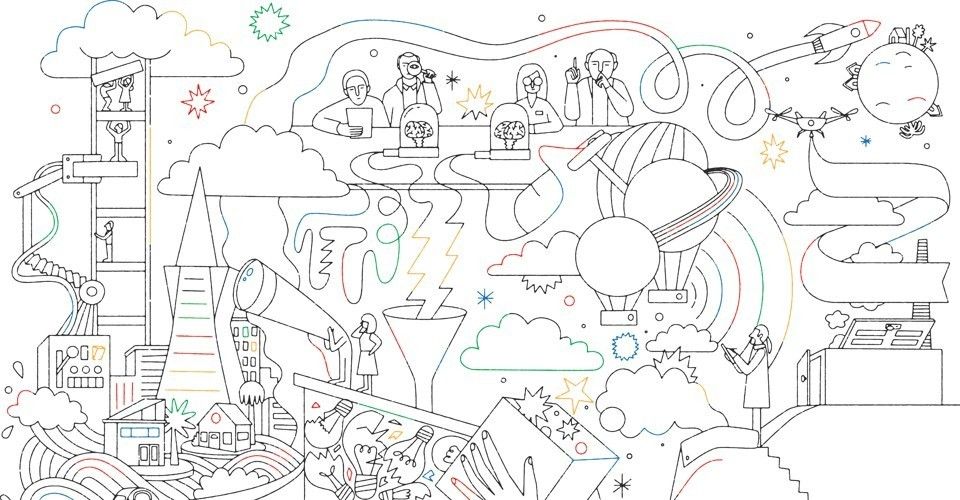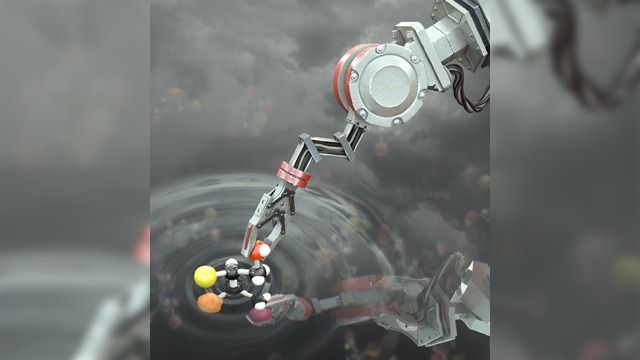Building a house by hand can be both time-consuming and expensive. Numerous homebuilders have chosen to automate part of the construction (i.e., by printing the home’s parts) instead.
A new Ukrainian homebuilding startup called PassivDom uses a 3D printing robot that can print parts for tiny houses. The machine can print the walls, roof, and floor of PassivDom’s 380-square-foot model in about eight hours. The windows, doors, plumbing, and electrical systems are then added by a human worker.
When complete, the homes are autonomous and mobile, meaning they don’t need to connect to external electrical and plumbing systems. Solar energy is stored in a battery connected to the houses, and water is collected and filtered from humidity in the air (or you can pour water into the system yourself). The houses also feature an independent sewage system.





